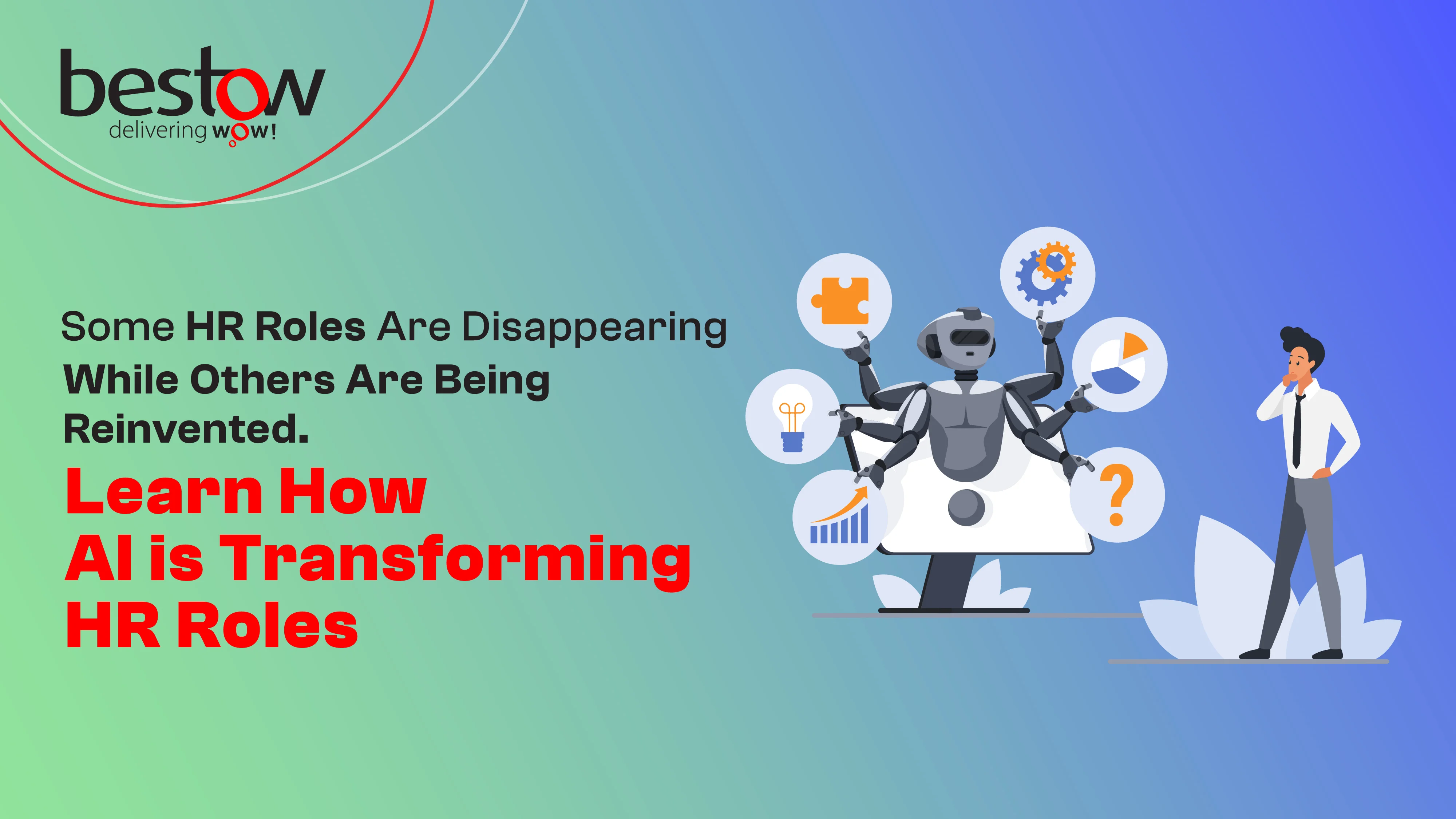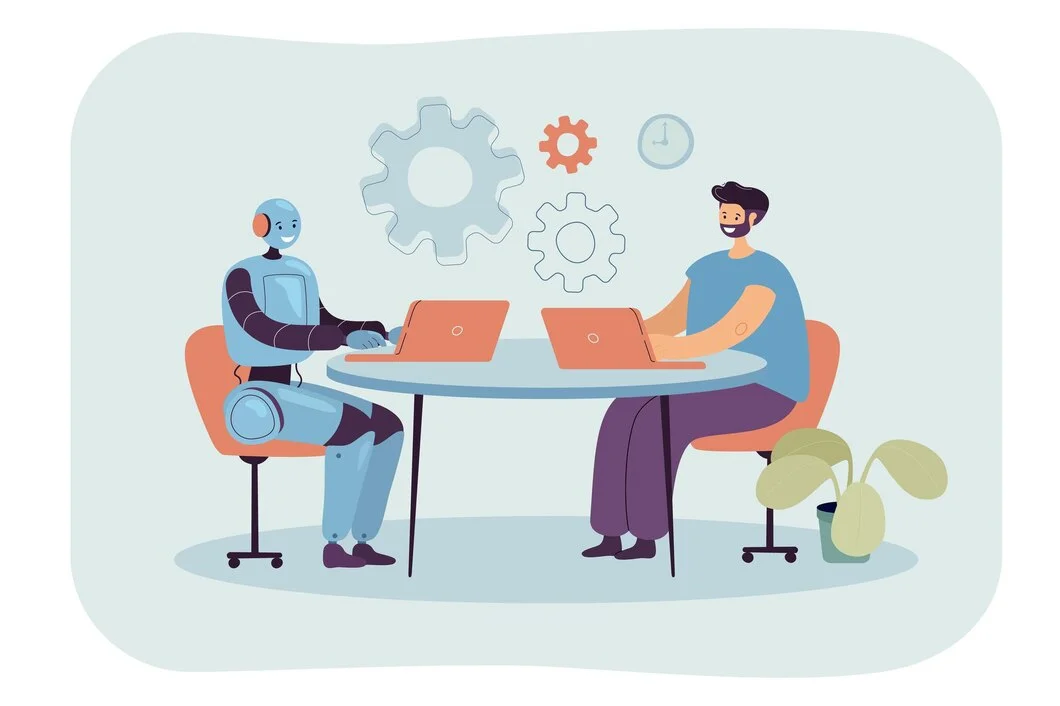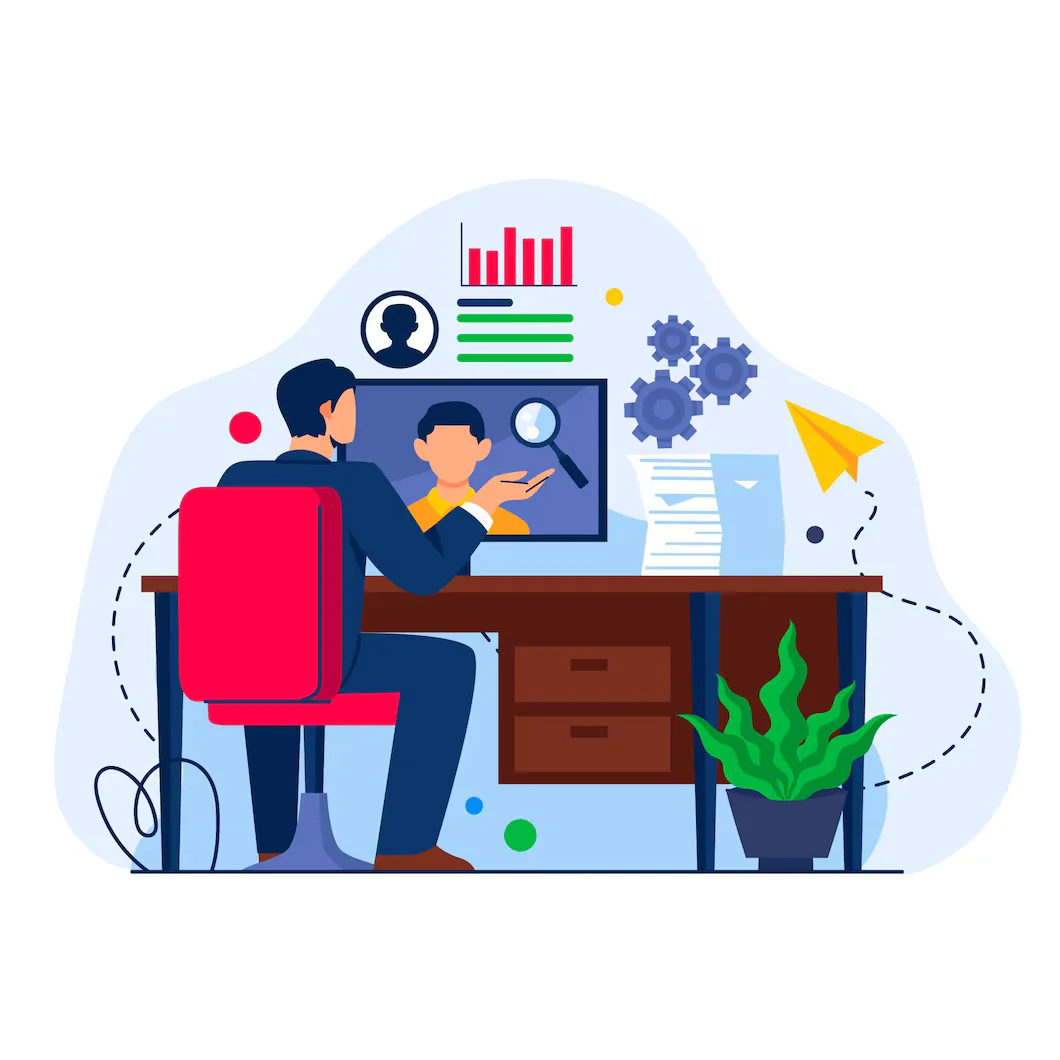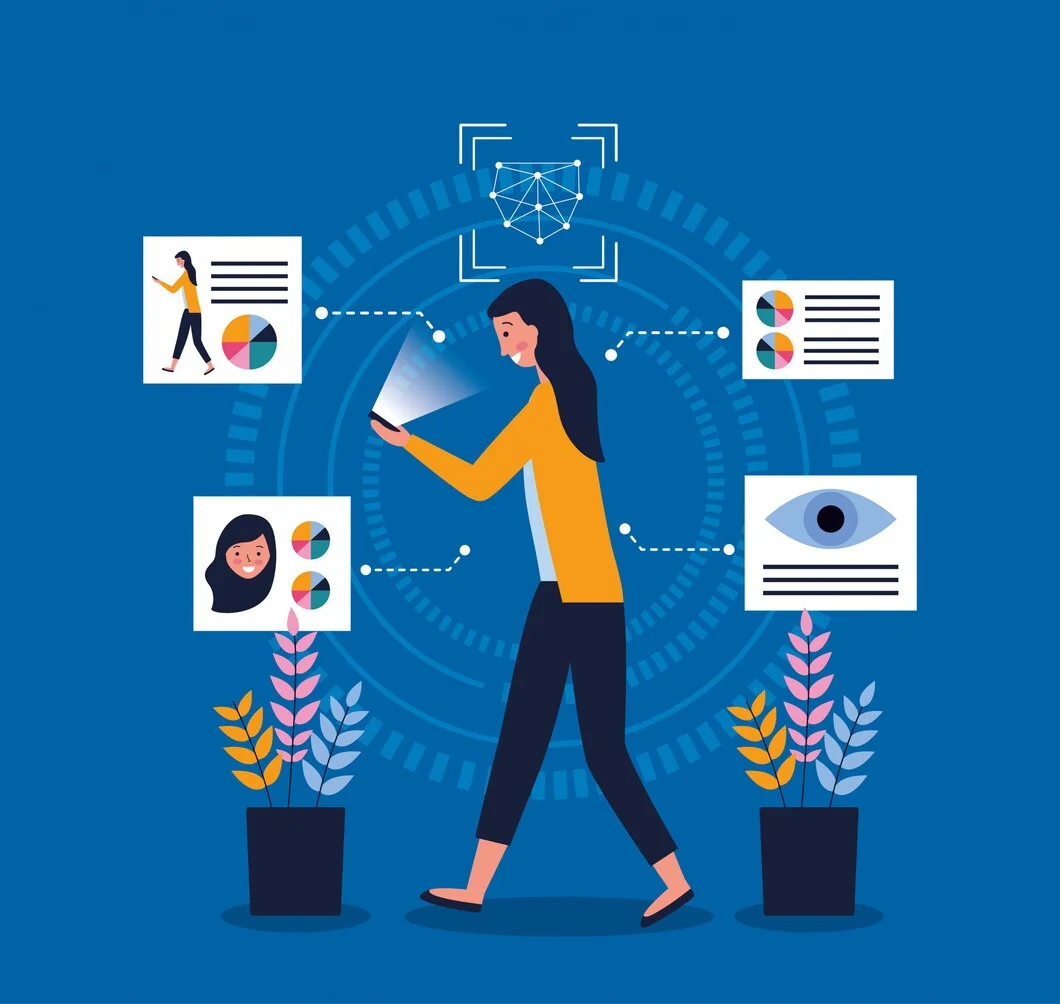HR vs AI: Who Understands Humans Better?

13/11/2025
Start Listening
HR vs AI: Who Understands Humans Better?
Imagine an HR dashboard that predicts who’s about to resign, drafts a personalised retention email, and schedules a pulse survey before you even have your morning coffee. Sounds futuristic?
Not anymore.
The workplace is changing faster than ever, and Artificial Intelligence in HR is no longer a trend — it’s an everyday reality. But today’s HR leaders are dealing with an entirely new mix of people — Millennials seeking growth, Gen Zs demanding purpose, senior members valuing stability, and interns hungry for experience.
To manage such a diverse workforce, HR professionals need more than empathy. They need critical thinking, strategic planning, emotional intelligence, and the ability to make sensitive people decisions — all while balancing technology, data, and human understanding.
This blog explores how AI in human resource management is transforming the profession — what’s becoming obsolete, what’s safe to automate, and what will always need a human touch.

The Shift — How HR Functions Are Transforming
The HR department you knew ten years ago doesn’t exist anymore. The modern HR leader isn’t just managing payroll and policies — they’re managing different generations of workforce, shaping culture, building engagement, and predicting future workforce needs.
The HR’s Evolving Identity
HR has evolved from being the “people police” to being the strategic partner that drives business outcomes. With AI-driven insights, HR can now link engagement scores with performance data and forecast turnover with precision. This shift from reactive to proactive has made AI in human resource management a cornerstone of modern business strategy.
From sourcing candidates to performance tracking, Artificial Intelligence in HR is everywhere. Machine learning tools analyse thousands of resumes, detect skill gaps, and even evaluate soft skills through video interviews. The result? Faster decisions and more equitable hiring. But it also raises a bigger question — how much should we let algorithms decide?
Today’s employees expect the same level of personalisation from HR as they get from Netflix or Spotify. That means data-backed career paths, flexible policies, and transparent communication.
HR technology trends 2025 suggest that personalisation — powered by AI but guided by human empathy — will define the next generation of workplaces.
The Changing Role of HR Leaders — From Policy Enforcers to Experience Architects
Modern HR leaders are no longer just administrators — they’re experience designers. They use data to anticipate needs but rely on emotional intelligence to act. The magic lies in combining HR automation and empathy, so employees feel seen, heard, and supported — not managed by machines.
In the words of Mr Dave Ulrich, a Professor & HR Thought Leader
“Automation in HR frees us from administration so we can focus on elevation.”
— Dave Ulrich, Professor & HR Thought Leader
— Dave Ulrich, Professor & HR Thought Leader
What’s Becoming Obsolete — and Why It’s a Good Thing
Change is uncomfortable, but in HR, it’s also liberating. The more automation takes over the repetitive, the more humans can focus on creativity, coaching, and connection.
1. Manual Resume Screening and Candidate Filtering
AI-powered tools now scan and rank applicants in seconds, saving recruiters days of manual sorting. While AI improves efficiency, HR professionals can focus on the human side — the interview experience, storytelling, and cultural fit.
2. Paper-Based Onboarding and Performance Tracking
Outdated paperwork and generic onboarding sessions are being replaced by digital workflows and adaptive learning platforms. These systems personalise every employee’s journey, making onboarding smoother and more engaging.
3. Annual Reviews Giving Way to Continuous Feedback
Employees today don’t want to wait a year for feedback. AI-driven pulse surveys and analytics platforms now allow real-time insights into engagement and productivity — turning performance management into an ongoing dialogue.
4. Reactive Retention Strategies Are Out, Predictive Analytics Are In
Instead of asking “Why did they leave?”, companies are now asking “Who might leave next?” Predictive analytics helps HR leaders act before a resignation letter lands on their desk.
5. Administrative Tasks Are Moving to Automation
Payroll, attendance, and leave management are now AI-assisted. Automating these functions allows HR to spend more time solving human problems, not paperwork problems.

What’s Safe (and Smart) to Automate in HR
AI is most effective when used strategically — not everywhere. Here’s where HR leaders can confidently automate without losing the human connection.
1. Recruitment Workflows
AI tools can screen resumes, schedule interviews, and even send personalised follow-up messages. By automating these tasks, HR saves hours and reduces bias, ensuring fairer hiring practices.
2. Employee Self-Service and Chatbots
Chatbots are now handling 80% of routine employee queries — from leave balance to benefits info. This improves accessibility while freeing HR teams for higher-value conversations.
3. Predictive Analytics for Workforce Planning
AI can spot workforce trends long before humans can. From identifying skill shortages to planning succession pipelines, predictive analytics ensures HR decisions are future-ready and data-backed.
4. AI in Talent Management
AI in talent management aligns employee goals with business outcomes. AI-driven platforms suggest learning paths, career moves, and mentorship opportunities based on skill data — creating more engaged and motivated teams.
As far as HR technology trends 2025 are concerned, companies can expect deeper integrations between HRIS systems, AI-powered DEI monitoring, and real-time sentiment analysis. The next wave of AI tools for HR in 2025 will not just streamline processes — they’ll enhance inclusivity and innovation across organisations.

What Still Requires Human Expertise
Even the most advanced AI can’t comfort a frustrated Gen Z employee or build trust in a crisis. Here’s where human intuition still reigns supreme.
1. Leadership Development and Succession Planning
Identifying future leaders isn’t just about performance metrics — it’s about vision, resilience, and empathy. AI can highlight trends, but only humans can spot potential that isn’t yet visible on paper.
2. Conflict Resolution and Employee Relations
No chatbot can navigate office politics or mediate complex interpersonal issues. These situations demand compassion, listening, and discretion — the pillars of emotional intelligence vs artificial intelligence
3. Human vs AI Decision Making — Knowing When to Step In
Algorithms are logical, but humans understand nuance. In sensitive cases — layoffs, grievances, or ethical dilemmas — human vs AI decision making must lean toward empathy, not efficiency.
4. Building Culture and Belonging in a Hybrid Workplace
Culture doesn’t come from an app; it comes from shared experiences. HR’s ability to foster connection, purpose, and community will always be beyond automation’s reach.
The Verdict: Collaboration, Not Competition
The real power of HR doesn’t lie in data or dashboards — it lies in understanding people. HR vs AI isn’t a battle of intelligence; it’s a balance of empathy and efficiency.
AI understands behaviour through data; HR understands emotions through experience, so the future of HR with AI is collaborative. To thrive, HR professionals must learn to use AI tools — not fear them. Enrolling in AI-HR certifications, experimenting with AI in talent management platforms, and embracing analytics can help them stay ahead.
In the end, it’s not HR vs AI — it’s HR and AI, working side by side.
Whether you’re an HR tech startup, enterprise, or consulting firm, Bestow helps you scale faster with AI-driven strategies that understand people — not just data.
Contact us today
FAQs
AI is transforming HR by automating time-consuming processes like screening, onboarding, and analytics, making decisions faster and more evidence-based. This evolution allows HR leaders to focus on strategy, innovation, and people-first initiatives.
No — AI can handle data, but it can’t replace human connection or moral judgment. The best outcomes come from collaboration, where technology enhances, not replaces, human expertise.
AI increases efficiency, accuracy, and consistency across hiring, performance reviews, and workforce planning. It empowers HR teams to make predictive, data-informed decisions that improve employee experience and retention.
AI can analyse behaviour patterns, but it doesn’t understand emotions, intentions, or context. This is why empathy remains irreplaceable in human resource management.
Emotional intelligence enables HR professionals to connect, lead, and support employees through change. It’s the defining difference in the emotional intelligence vs artificial intelligence debate — and the reason people still trust humans over machines.
AI tools streamline hiring by identifying top candidates and predicting fit more accurately. They also enhance engagement by using real-time analytics to personalise learning and track morale.
Not really — AI can detect tone and sentiment, but it can’t feel empathy or compassion. It may recognise patterns, but genuine emotional understanding still belongs to humans.
HR can use AI to process data and uncover insights while adding emotional context to every decision. This balance of HR automation and empathy creates smarter, more inclusive workplaces.
The future of HR with AI is collaborative — AI manages the data, while HR manages the people. Together, they’ll drive workplaces that are both technologically advanced and deeply human.
By designing AI systems that support, not replace, human interaction. The key is keeping empathy, ethics, and communication at the heart of every HR decision.
Categories
Recent Blogs
Send us a message
We'd love to hear from you
Let's build a plateform that works for you busines and the advertisers who trust it.
Talk to Our Expert